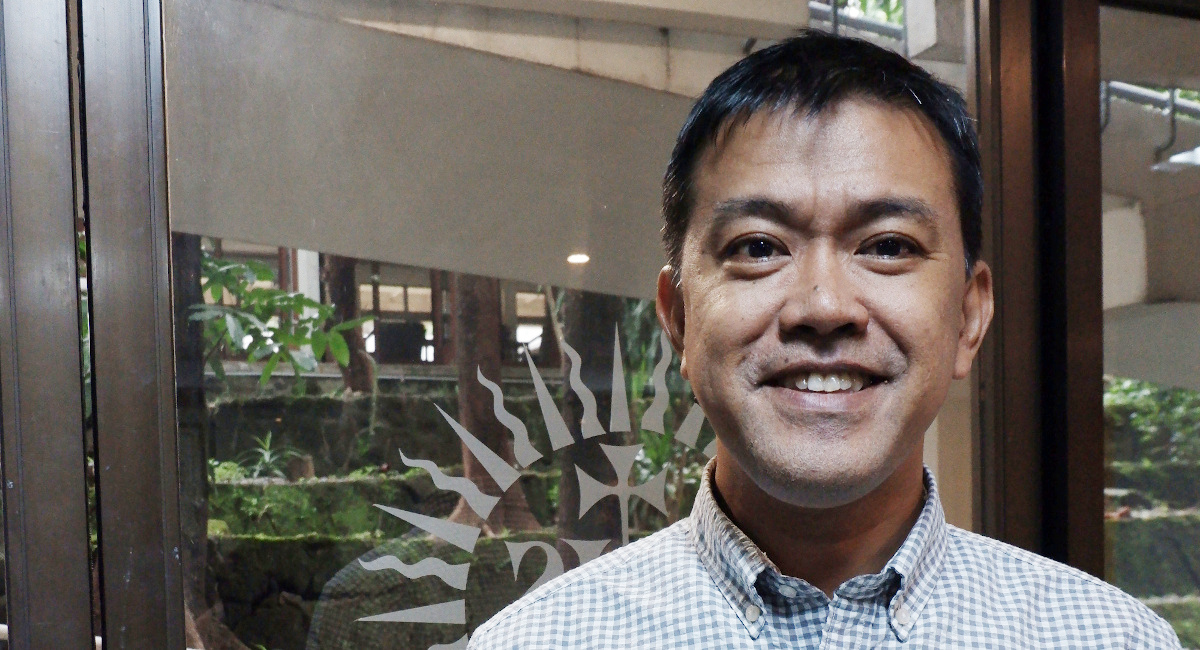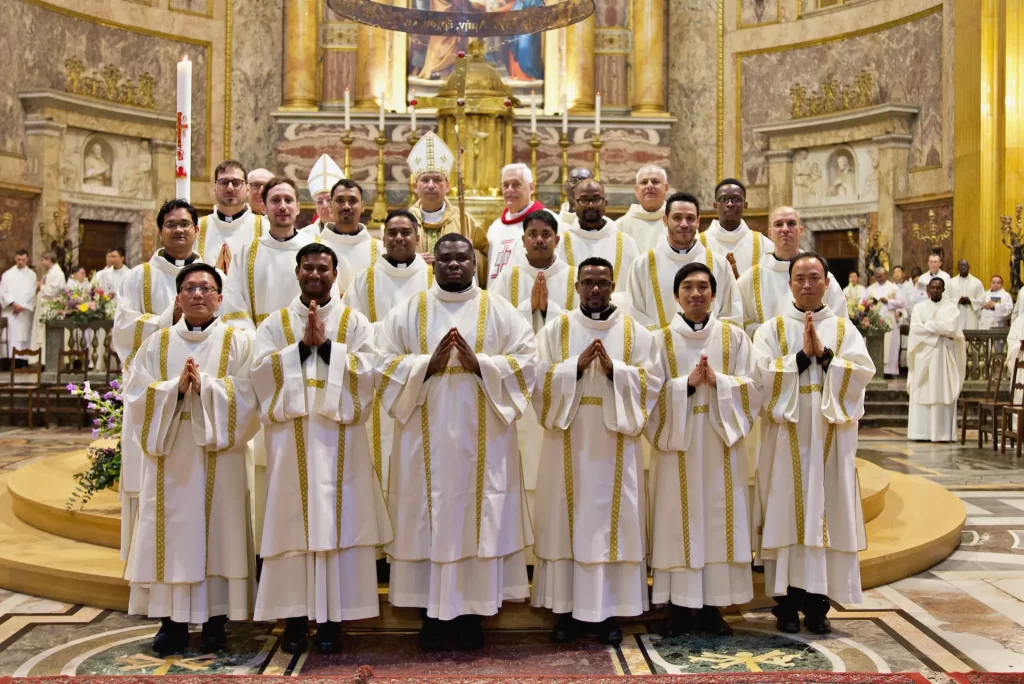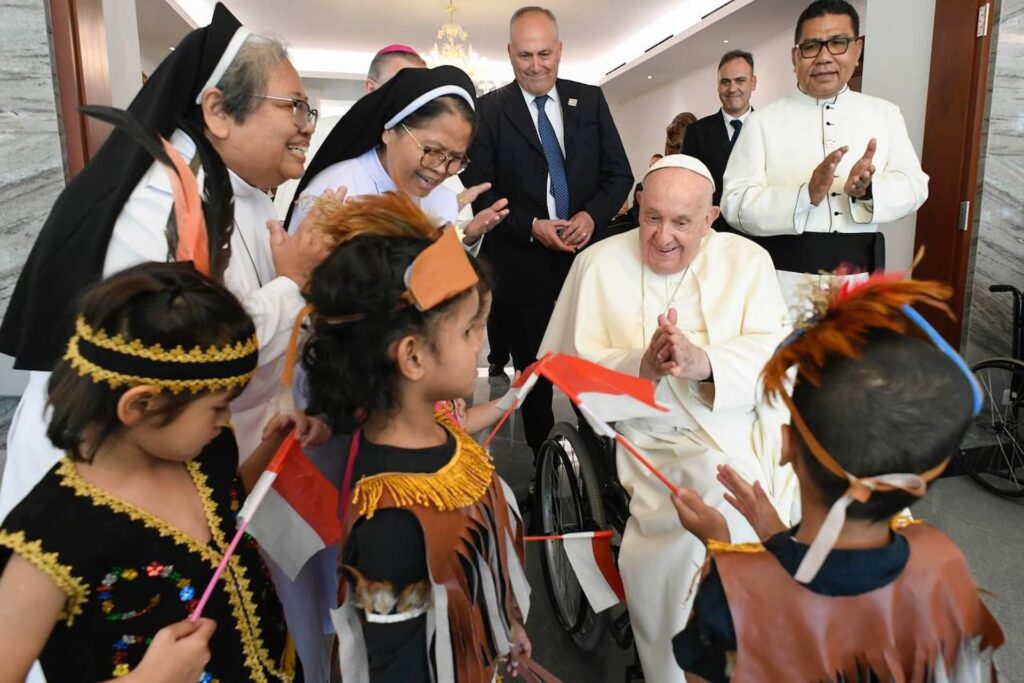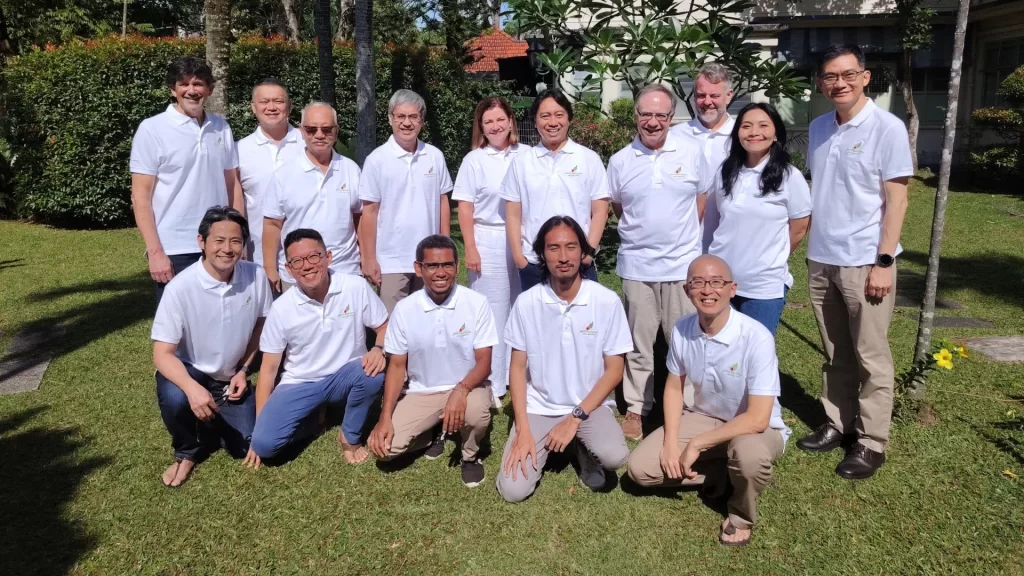
Filipino Jesuit Fr Bros Flores is new to his role as JCIM Coordinator but an old hand in the ministry. His work with Indigenous Peoples goes back to his scholasticate years. In this interview, he shares the challenges, opportunities and the vision he has for the Jesuit indigenous ministry in Asia Pacific.
How do you feel about your new position as coordinator of JCIM? What were you doing prior to the appointment and how do you feel your past work has prepared you for this?
The new responsibility is quite challenging for me. Firstly, I have attended only one JCIM meeting (the most recent one in Chiang Mai) thus, I am not steeped into the JCAP network, the people and the thrusts of JCIM. Secondly, I am into a number of ministries which made me apprehensive to accept this role. The JCIM work is an add-on to my current responsibilities. I am a school president of a Jesuit mission school in Bukidnon with more than a thousand students and about 50 faculty and staff members. I handle the province Indigenous Peoples (IP) ministry as well as the Bukidnon IP ministry. I am also the district treasurer and minister. It is a good thing that the provincial freed me from my role in the retreat house prior to assuming this role. I came into this role because of my initial interest in indigenous peoples way back during my theology studies. This interest led me to focus my research on inculturation of theology among indigenous peoples. Upon ordination I was missioned to begin work with the Tagbanuas in Culion before I was transferred to Bukidnon to begin my work with the indigenous peoples there.
What are the future challenges and opportunities you foresee for JCIM?
What is particularly challenging as I assumed the role is coordinating the provinces and regions in Asia Pacific. This could be due to the fact that the work with IP has not caught consciousness and commitment just yet, probably because of other priorities or because the work with the IP is intricately connected with the social ministry and not yet delineated as such. Nonetheless, this can also be an opportunity to promote awareness, encourage involvement and commitment to this ministry. After all, a number of my brother Jesuits in Asia belong to indigenous groups or have encounters with indigenous peoples. Another opportunity that I see is that the ministry to and with the Indigenous Peoples can be a good avenue in living out the Universal Apostolic Preferences, which can set the tone and provide direction as to how we enflesh this very important ministry.
After 20 years, where do you see JCIM going in terms of deepening the journey with indigenous groups and other groups in the conference–and maybe even beyond the conference?
I see JCIM has developed a healthy, dynamic, collaborative network in the conference. I see JCIM being led by indigenous peoples themselves, be they Jesuit or non-Jesuit. I see JCIM actively sharing and assisting other groups working with and for indigenous peoples. I see JCIM passionately promoting an enhanced Ignatian spirituality due to the influences of the many indigenous spiritualities we come in contact with and learn from. I see JCIM gratefully witnessing empowered Asian indigenous communities exercising their inherent right to land and culture amid mainstream communities.






